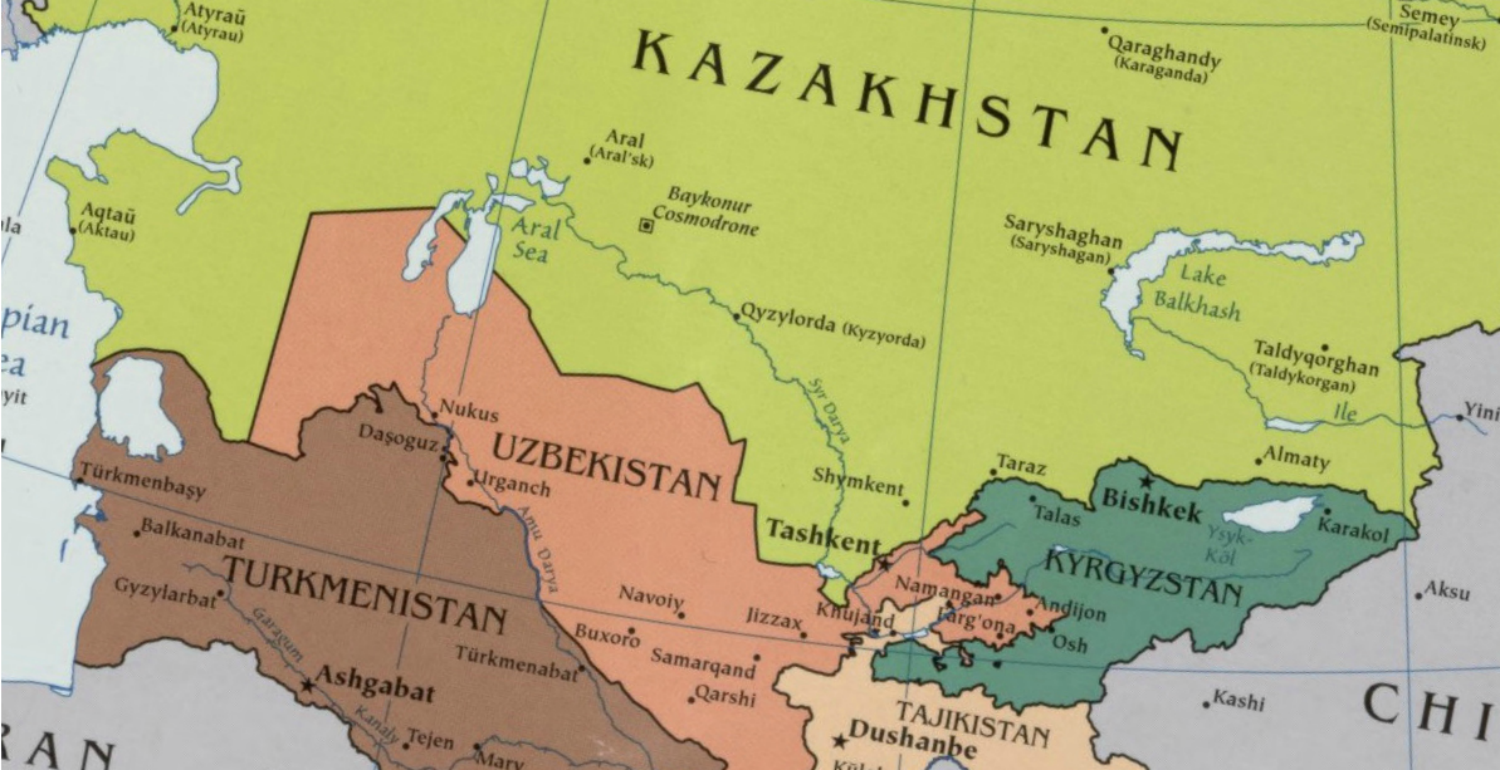This hearing, presided over by Co-Chairman Alcee L. Hastings, was a largely positive affirmation concerning the strides that Kazakhstan had taken regarding human rights and democratization. The commissioners commended Kazakhstan’s elimination of its nuclear program, which is rare for a country with an emerging economy and democracy. However, the Commissioners believed that further justification would be required for Kazakhstan’s bid to host the 2010 OSCE Summit.
Members
Hon. Alcee Hastings
Co-Chairman
Commission on Security and Cooperation in Europe
Hon. Darrell Issa
Commissioner
Commission on Security and Cooperation in Europe
Hon. Eni F. H. Faleomavaega
Delegate in Congress
American Samoa
Witnesses
His Excellency Kanat Saudabayev
Foreign Minister
Republic of Kazakhstan
Relevant Issues
Relevant Countries
Leadership

Helsinki Commission Advances Human Rights, Demands f...
Oct 19, 2023By Shannon Simrell, Senior Policy Advisor Between October 2-13, 11 Helsinki Commission staff joined approximately 1,400 representatives of OSCE participating States (pS) and civil society representatives in Warsaw, Poland in […]

Vladimir Kara-Murza: Putin’s Personal Prisoner
Sep 20, 2023Stream here: HEARING: Vladimir Kara-Murza: Putin’s Personal Prisoner – YouTube Vladimir Kara-Murza, a father, husband, and a freedom fighter, has been in detention for over five hundred days and is currently […]

United States Demonstrates Global Leadership on Ukra...
Jul 14, 2023The Helsinki Commission’s four senior leaders helmed the United States’ bicameral, bipartisan delegation to the 30th Annual Session of the OSCE Parliamentary Assembly last week in Vancouver, Canada. Co-Chairman Senator […]
Helsinki Commission Leadership Celebrate Pardon of N...
Jun 23, 2023Washington—Today, the Chairman and Ranking Member of the Commission on Security and Cooperation in Europe, also known as the U.S. Helsinki Commission, Representative Joe Wilson (SC-02) and Ranking Member Steve […]
HELSINKI COMMISSION SENDS APPEAL TO GEORGIAN PRESIDE...
Apr 28, 2023WASHINGTON— The leadership of the Commission on Security and Cooperation in Europe, also known as the U.S. Helsinki Commission, Chairman Representative Joe Wilson (SC-02), Co-Chairman Senator Ben Cardin (MD), and […]
Helsinki Commission Chair and Co-Chair: Statement on...
Feb 20, 2023WASHINGTON—Following reports of the sharp deterioration of Azerbaijani dissident Bakhtiyar Hajiyev, Helsinki Commission Chairman Rep. Joe Wilson (SC-2) and Co-Chairman Sen. Ben Cardin (MD) issued the following joint statement: “We […]

The Alarming Rise in Antisemitism and Its Threat to ...
Dec 13, 2022In response to a rise in antisemitism in the United States and abroad, the Helsinki Commission held a hearing on December 13, 2022, featuring experts on preventing and combatting it. […]
Congressmen Cohen and Wilson Introduce Resolution Re...
Oct 28, 2022WASHINGTON – Congressman Steve Cohen (TN-09), Co-Chairman of the Commission on Security and Cooperation in Europe, also known as the Helsinki Commission, and the Commission’s Ranking Member, Congressman Joe Wilson […]
Congressmen Cohen and Wilson Introduce Resolution Re...
Oct 28, 2022WASHINGTON – Congressman Steve Cohen (TN-09), Co-Chairman of the Commission on Security and Cooperation in Europe, also known as the Helsinki Commission, and the Commission’s Ranking Member, Congressman Joe Wilson […]
Co-Chairman Cohen Discusses Role as Special Represen...
Sep 07, 2022WASHINGTON—Helsinki Commission Co-Chairman Rep Steve Cohen (TN-09) today spoke at a virtual hearing of the Organization for Security and Cooperation in Europe’s Parliamentary Assembly (OSCE PA)about his new role as […]
Co-Chairman Cohen Deplores Arrest of Former Yekateri...
Aug 29, 2022WASHINGTON—Following the arrest of the Kremlin critic and former Yekaterinburg mayor Yevgeniy Roizman, Helsinki Commission Co-Chairman and OSCE PA Special Representative on Political Prisoners Rep. Steve Cohen (TN-09) issued the […]
Co-Chairman Cohen Calls for the Release of Political...
Aug 09, 2022Washington – On the second anniversary of the sham presidential election in Belarus, the Helsinki Commission Co-Chairman and OSCE PA Special Representative on Political Prisoners Rep. Steve Cohen (TN-09) issued […]


